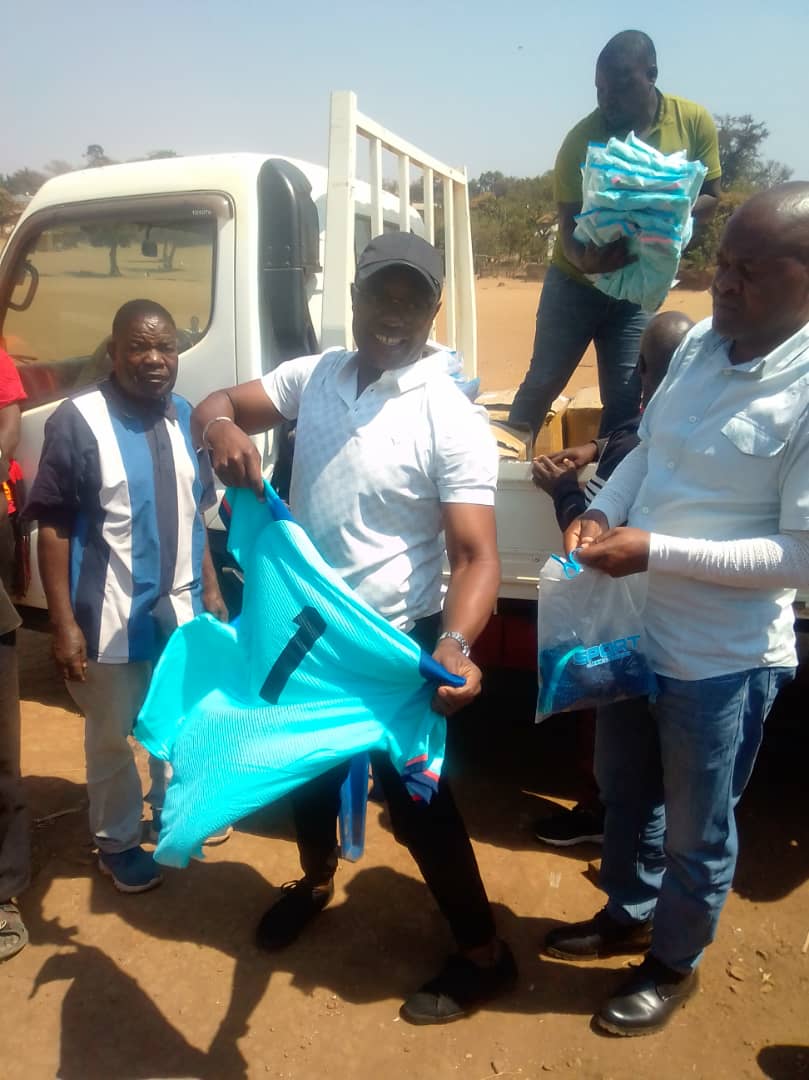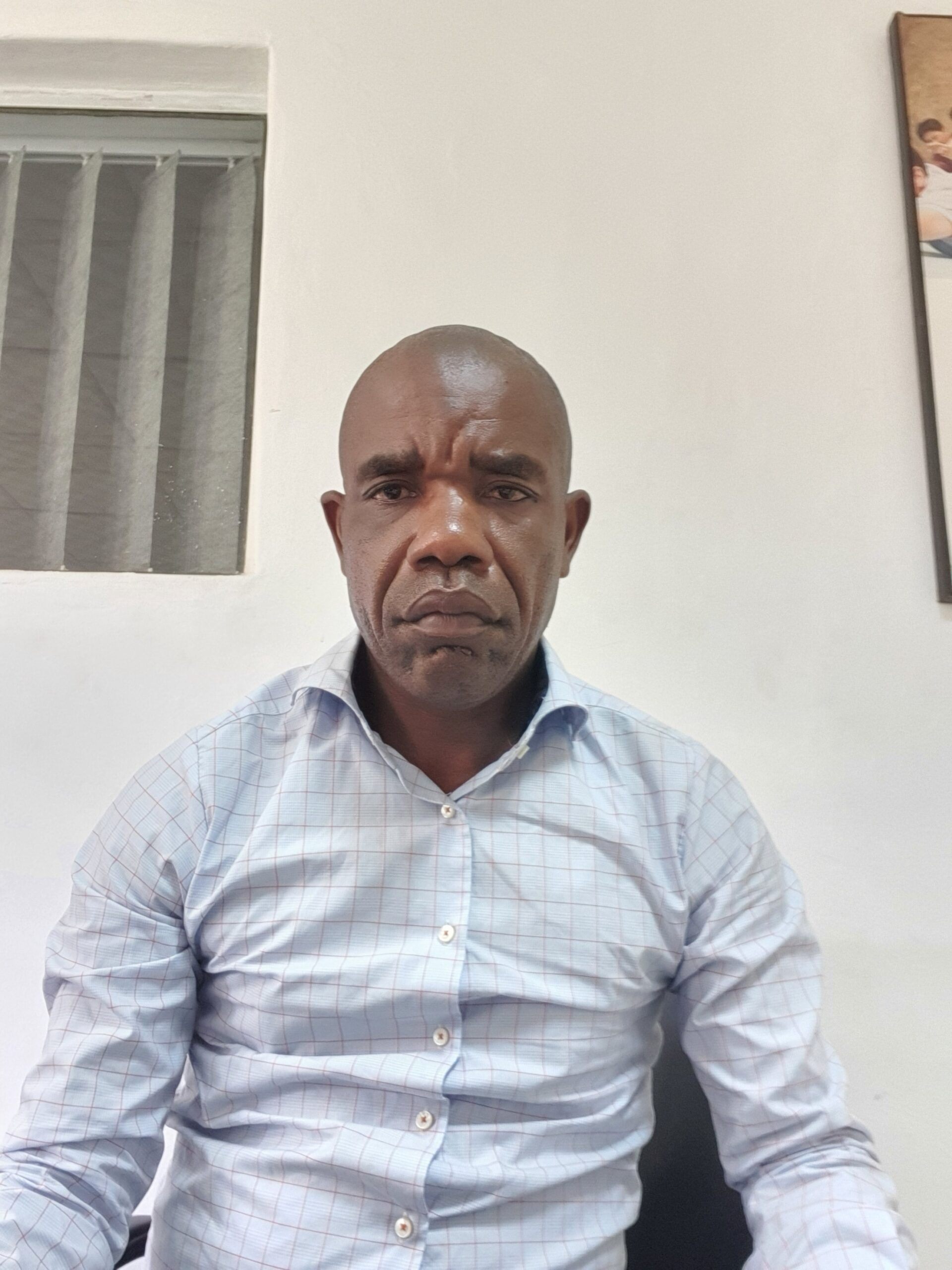Short answer: It depends which survey you trust. Some reputable polls and analysts show former president Peter Mutharika / the DPP with the edge; other polls and a few outlet-specific surveys put incumbent Lazarus Chakwera / MCP ahead. The disagreement isn’t a mystery — it’s the story. Below is an investigative read of what the surveys say, why they disagree, and the concrete factors pushing votes one way or the other.
The competing snapshots
Polls showing Mutharika (DPP) ahead.
Several high-profile pre-election surveys — and election analysts following the anti-incumbent wave in Africa — place the DPP and Peter Mutharika ahead by a significant margin (poll figures cited in recent analysis put DPP around low-to-mid 40s vs MCP around the high 20s–low 30s). These findings have been reported and discussed in multiple outlets that track Malawi closely.
Polls showing Chakwera (MCP) ahead.
Other polls published locally in the run-up to the vote show Chakwera leading — one widely-circulated poll reported Chakwera at ~55% versus Mutharika ~35% (this survey attracted attention on local sites). Those results conflict sharply with the IPOR/Afrobarometer-style findings above.
International outlets and consensus.
Wire services and cross-regional analysts describe the race as tightly contested with both frontrunners viable and a real risk the election could follow the broader African trend of rejecting incumbents amid economic pain. They flag the same core drivers: inflation, fuel and food shortages, and corruption fatigue.
Why surveys disagree — the investigative read
- Different methodologies, different pictures.
Polling houses vary in sample size, sampling frame (registered voters vs. general adults), weighting by region/age, and fieldwork timing. A poll that over-samples urban voters or one region can show very different results from a nationally representative poll. In Malawi’s fragmented media environment, smaller local polls can report striking leads that don’t hold up against nationally-stratified surveys. - Timing and fast-moving sentiment.
With the election date days away, events (fuel shortages, price announcements, high-profile apologies or scandals) can swing undecided voters. A poll conducted two weeks earlier may look very different from one done last week. Multiple outlets have highlighted how economic shocks in recent months have reshaped voters’ priorities. - Political sponsorship and pushback.
Parties publicly dispute polls they dislike and promote the ones that favor them. The MCP has publicly questioned the credibility of some opinion polls and accused rivals of sponsoring favourable numbers — a normal but important factor that muddies public perception of who is really ahead. - Undecided voters and turnout uncertainty.
With a sizable undecided bloc in several surveys, the eventual winner depends on who finishes stronger on election day. Turnout — especially in rural areas where mobilisation networks of parties differ — will amplify small biases in polling. Analysts warn a high or low turnout among particular demographics could flip a lead.
What’s actually making a candidate lead in the polls?
Across the surveys and reporting, two clusters of causes explain why Mutharika or Chakwera might be shown leading:
Why Mutharika could appear on top
Anti-incumbent anger over the economy. Widespread inflation, fuel and medicine shortages, and the fallout from weather shocks have left many voters frustrated — a tailwind for the opposition that promises change. Analysts have repeatedly pointed to economic despair as the dominant voter issue.
Opposition consolidation. Where opposition parties coordinate messaging or tacitly back a single strong candidate, polls show them consolidating support — producing higher numbers for the DPP in some surveys.
Why Chakwera could be shown ahead
Incumbency advantages and ground machinery. The sitting president still benefits from name recognition, party networks, and access to state-level visibility; local mobilisation and canvassing in key districts can show up in some polls as a lead.
Credible pro-MCP surveys or favorable samples. A few polls that sample differently — or that were fielded after targeted campaigning in Chakwera strongholds — show him leading comfortably. Those polls, however, have been questioned by rivals.
What this means for 16 September
No single poll gives a definitive winner. The disparate results mean the election is plausibly competitive: if Mutharika’s supposed lead in multi-centre national polls reflects reality, the DPP could take it; if Chakwera’s local-survey leads reflect ground mobilisation, the MCP could hold. International observers and analysts are stressing turnout, vote counting credibility, and whether undecided voters break late.
Watch the margins and the margins of error. Where polls show big leads (10+ points) that converge with other independent surveys, confidence is higher. Where polls diverge sharply, the safe reporting line is “too close to call.” Several reputable outlets are hedging toward the race being tightly contested.
Final note (investigative takeaway)
Polls are tools — not prophecy. In Malawi today they reflect two things at once: a nation deeply unhappy with economic reality (which benefits opposition narratives) and a political field where incumbency, local mobilisation, and disputed poll sponsors muddy the picture. If you want the cleanest read: watch aggregated, methodologically transparent national polls and turnout patterns on election day — those will tell the decisive story that competing pre-vote snapshots cannot fully settle.




